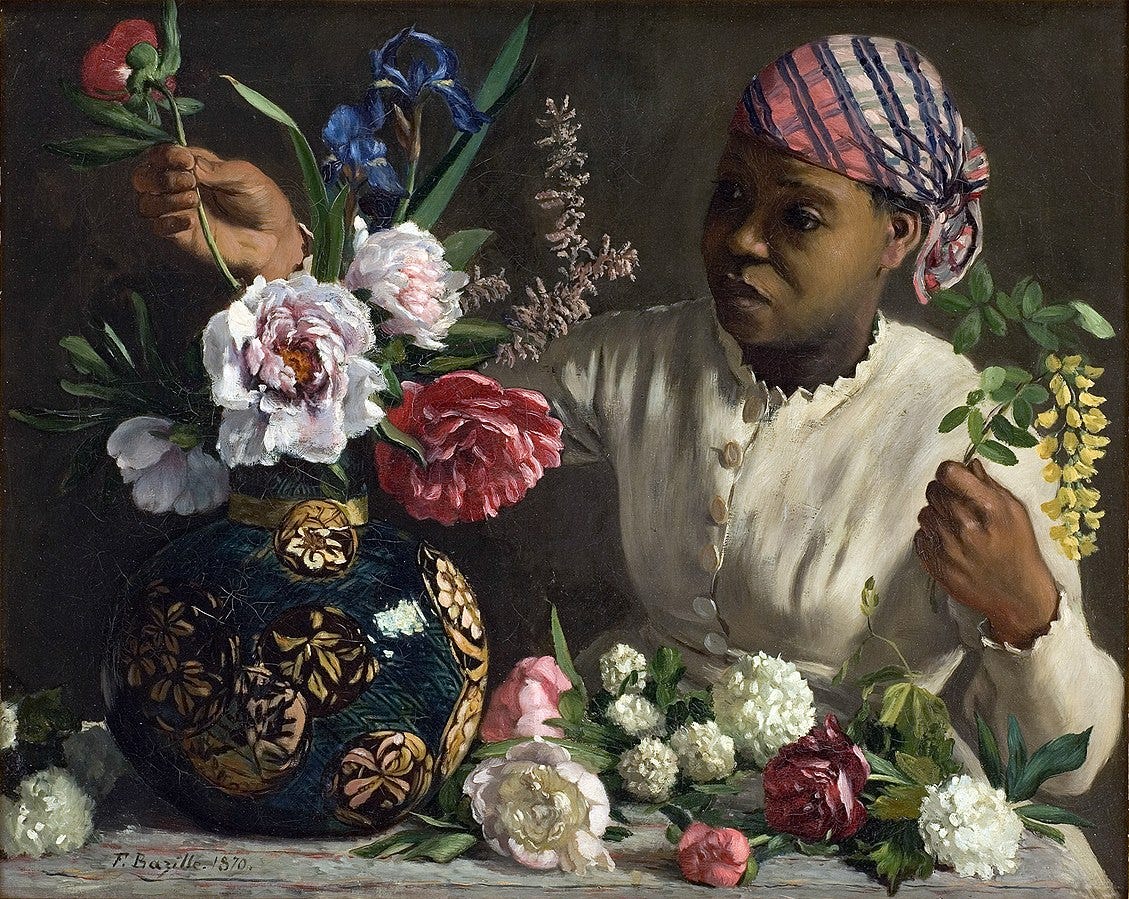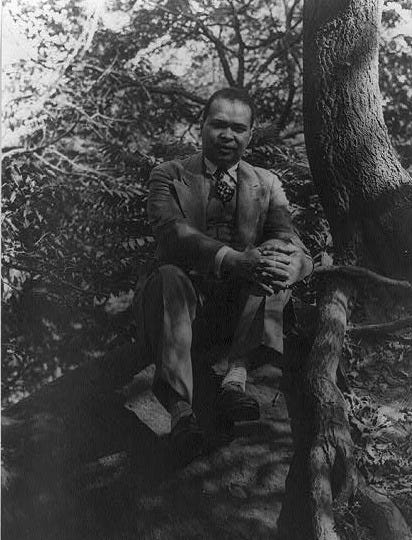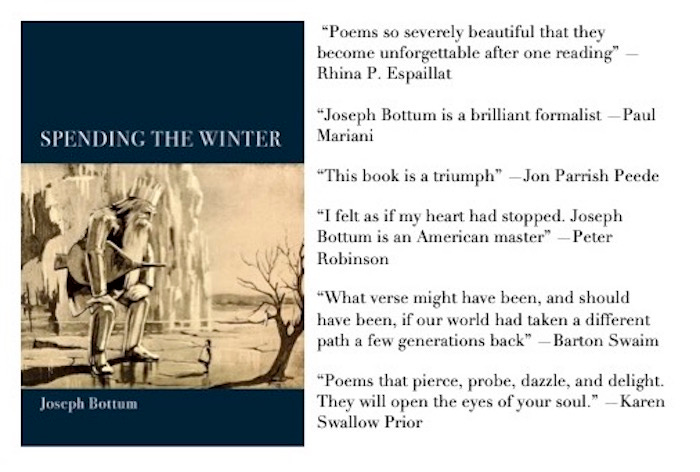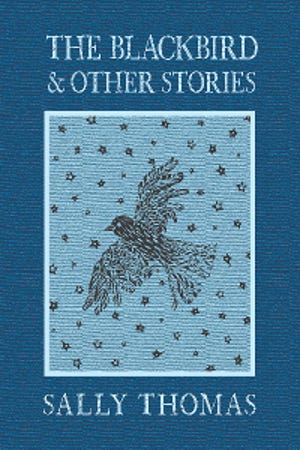
Bread and Wine
by Countee Cullen
From death of star to new star’s birth,
This ache of limb, this throb of head,
This sweaty shop, this smell of earth,
For this we pray, “Give daily bread.”
Then tenuous with dreams the night,
The feel of soft brown hands in mine,
Strength from your lips for one more fight:
Bread’s not so dry when dipped in wine.
═════════════════════════Last May, a year ago, we offered a poem by Countee Cullen (1903–1946): “Saturday’s Child,” a nursery rhyme twisted into a bitter reflection on poverty.

Cullen was raised as the adopted child of a Harlem minister before his meteoric rise, through New York University and Harvard, to become a central figure of what came to be called the Harlem Renaissance in the 1920s — and images drawn from religion occur often in his work. That needs to be carefully phrased. In his highly formal poetry, religious themes appear much less often than do religious figures and images, which he uses to express his non-religious romantic and racial themes.
And so with “Bread and Wine.” Borrowing from the Lord’s Prayer, he ends the first of his two quatrains, rhymed abab, with a prayer for daily bread. And he ends the second with an image of communion: “Bread’s not so dry when dipped in wine.” Interspersed in this poem from Cullen’s 1925 book Color are lines about the struggle to make a living in the day and a spouse’s gift of love in the night that sustains the fighter in the daylight fight for life.






The Bread as mere continuing existence, hardly worth praying for. The wine, love, which makes existence palatable. But like you said, he's borrowing religious images, but it doesn't read as a religious theme. There is no transcendent in the lines. It is all immanent. A barely breaking even. Which leaves this reader conflicted. Should his lover and or even love itself be happy that it is enough right now? Or what happens when the hands are not so soft?
Counter Cullen is so underappreciated.